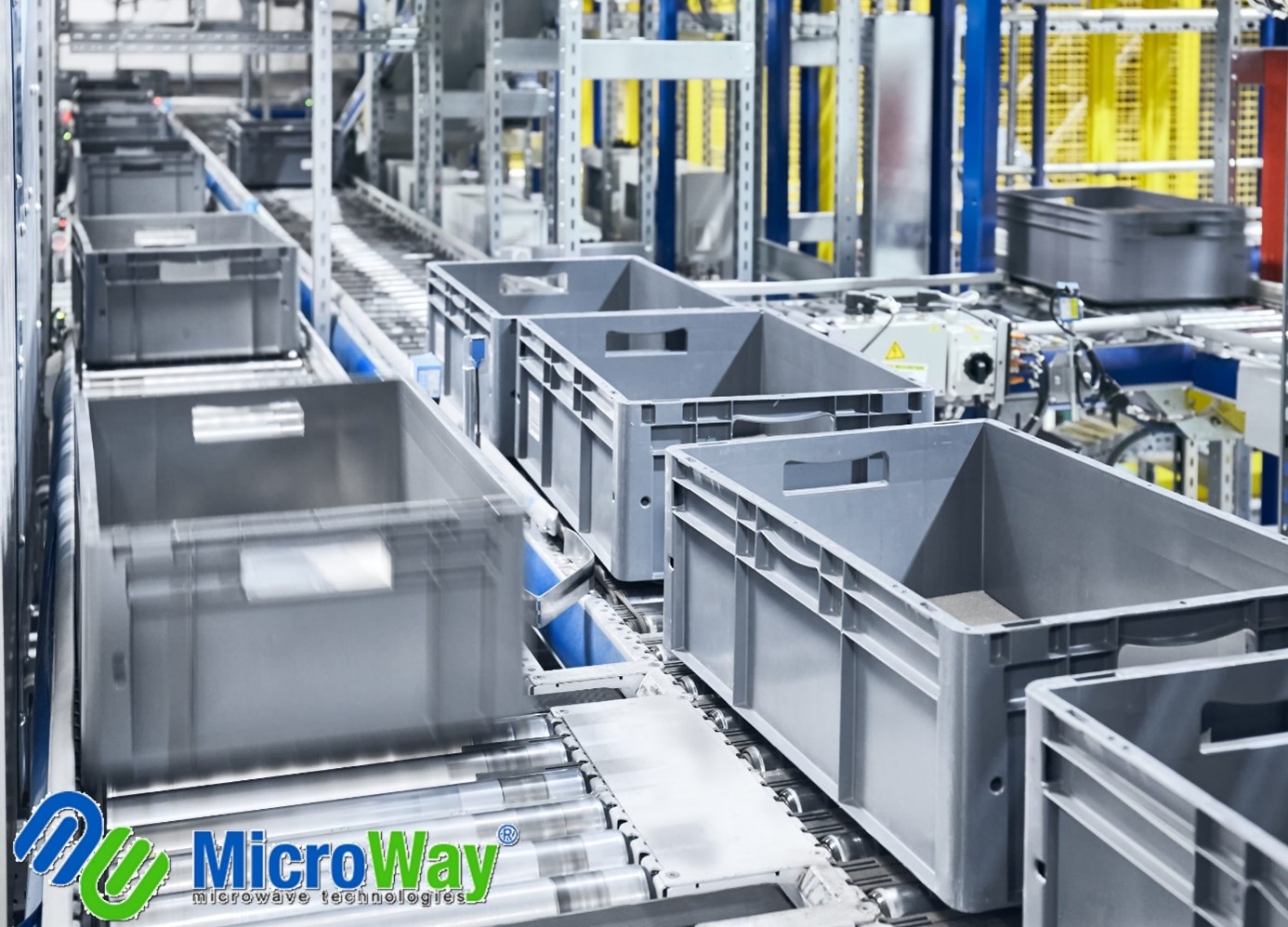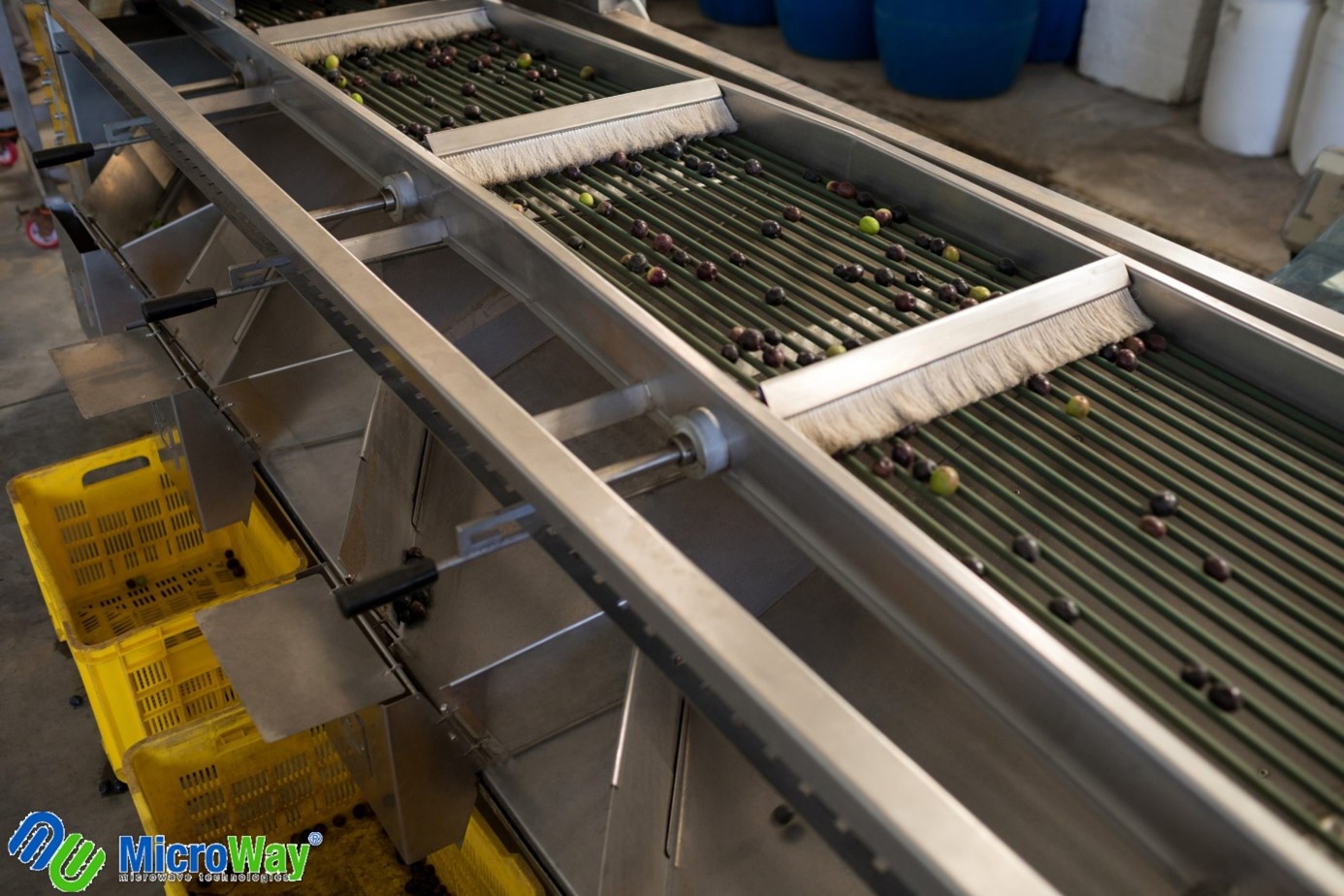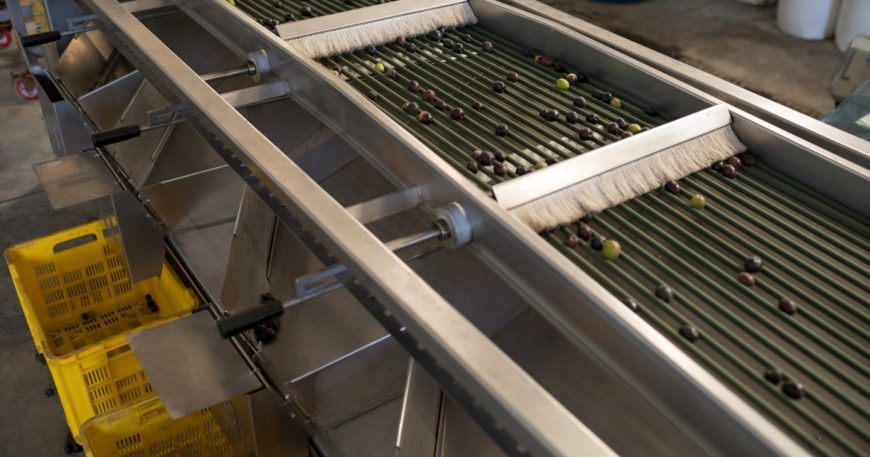Introduction:
Conveyor system play a crucial role in modern industries, revolutionizing the way materials are transported and processed. From manufacturing plants to distribution centers, conveyor belts are the backbone of efficient and automated material handling. This article explores the significance, types, and applications of conveyor systems in various industries.Get acquainted with the production capacity of the Microway brand.

Significance of Conveyor Systems:
Conveyor systems are integral to enhancing productivity, reducing manual labor, and ensuring a smooth flow of materials in diverse industrial settings. They facilitate the movement of goods from one point to another, allowing for continuous production and streamlined logistics.
Types of Conveyor Systems:
- Belt Conveyors: Belt conveyors consist of a continuous loop of material that rotates over two or more pulleys. They are versatile and commonly used for horizontal, inclined, or declined transportation of goods.
- Roller Conveyors: Roller conveyors utilize rollers mounted on a series of frames to transport materials. They are ideal for handling heavy loads and are often employed in warehouses and distribution centers.
- Screw Conveyors: Screw conveyors use a helical screw blade to move materials along a path. They are suitable for transporting bulk materials, such as grains, powders, and sludge, in a controlled manner.
- Chain Conveyors: Chain conveyors utilize chains to move materials along a path. They are commonly employed in industries where heavy-duty conveying is required, such as in automotive assembly lines.
Applications of Conveyor Systems:
- Manufacturing: Conveyor systems are widely used in manufacturing processes for the efficient assembly and transportation of goods. They contribute to increased production rates and reduced operational costs.
- Distribution and Warehousing: In distribution centers and warehouses, conveyor systems play a vital role in sorting, packing, and dispatching goods. They enhance order fulfillment processes and reduce manual handling.
- Mining and Construction: In the mining and construction industries, conveyor systems are employed to transport bulk materials, such as ores, gravel, and concrete. They improve operational efficiency and minimize manual labor.
- Food Processing: Conveyor belts are extensively used in the food processing industry for the transportation of raw materials, packaging, and finished products. They ensure hygienic handling and compliance with food safety standards.

Advantages of Conveyor Systems:
- Efficiency: Conveyor systems significantly increase operational efficiency by automating material handling processes, reducing downtime, and optimizing production flow.
- Cost Savings: The automation provided by conveyor systems leads to cost savings by minimizing labor requirements and improving overall production efficiency.
- Safety: Conveyor system contribute to a safer working environment by reducing the need for manual handling of heavy or hazardous materials.


